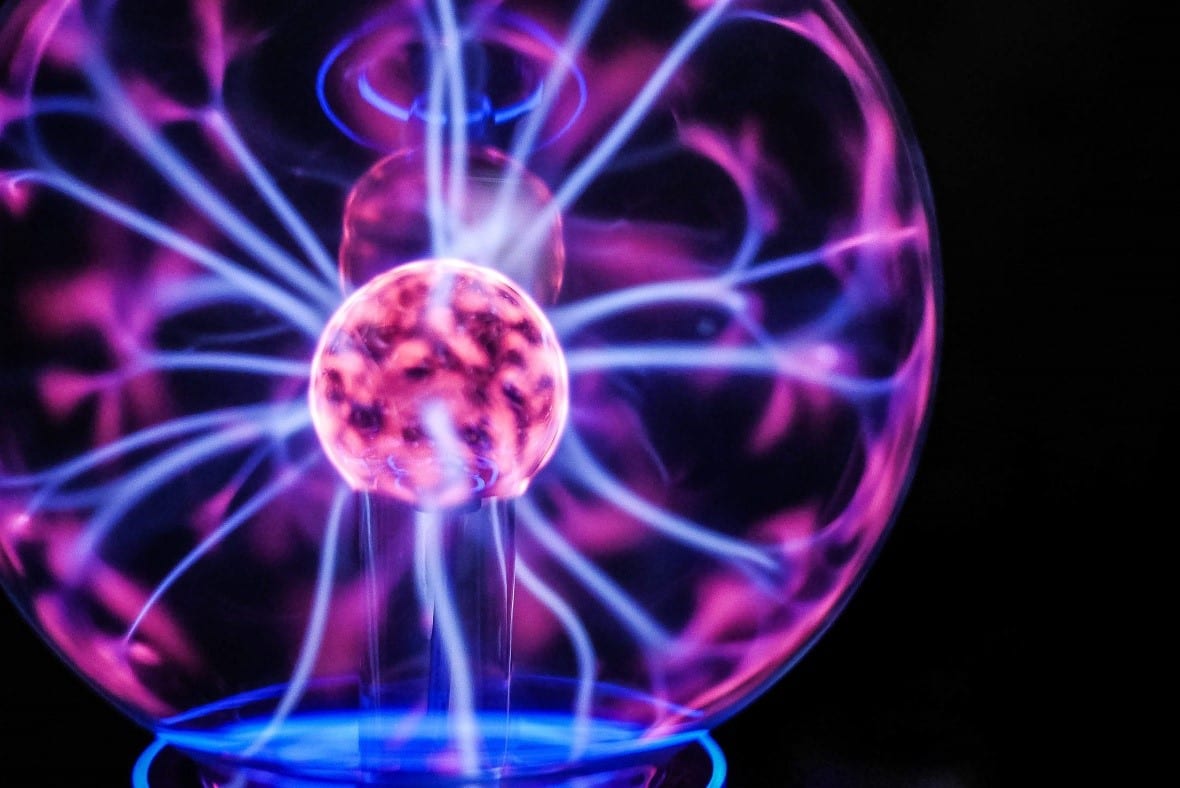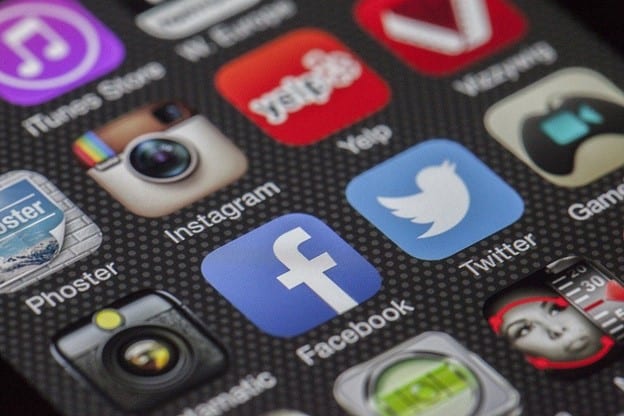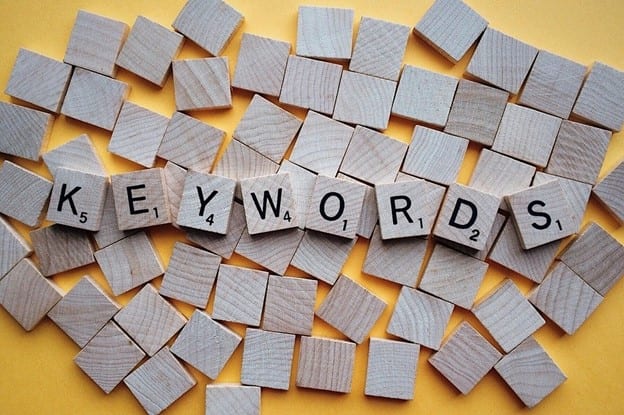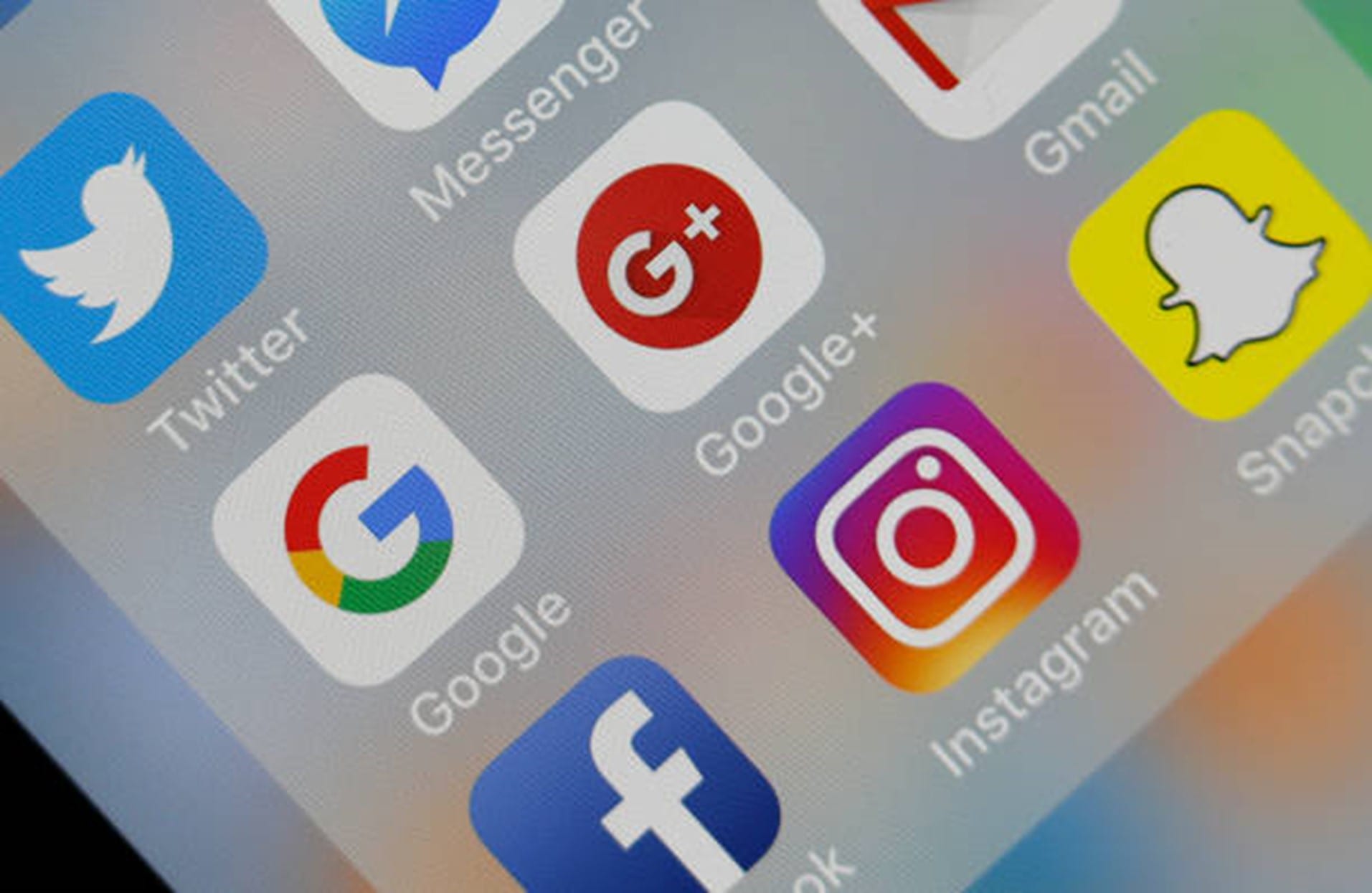7 Ways Social Media Changes Your Brain


According to Statista, the world has 4.41 billion social media users across dozens of platforms. The largest of these is Facebook, which has over 2.7 billion monthly active users. Other platforms like WhatsApp, Instagram, and TikTok have either billions or hundreds of millions of monthly active users each. Hence, social media is not the outlier anymore. It’s an essential part of our lives and thus affects our daily routine, our relationships, and our mental health.
Social media has a powerful influence on the human mind, as evidenced by research in Psychology Journals and various universities. It has been popularly known to affect lapses in attention, a decreased attachment to reality, and narcissism. However, social media has also been known to increase contact between physically distant relatives, loved ones, and friends. So it’s not inherently good, or bad. That being said, social media has had a huge effect on society which deserves to be examined. So here is how social media changes your brain in good ways and bad.
Social Media Affects Chemicals in Your Brain
According to a 2018 Pew Research study, 88% of respondents between 18 and 29 reported using forms of social media. 78% of 30-49-year-olds said the same thing. Hence, social media use has risen for teens, the youth, and adults as well. Even more surprising is that those between 50 and 64, 64% of users reported using social media. This shows that social media has become entrenched in the culture of the west. The rest of the world is following, with social media use rising by the day.
According to the latest research, the main chemicals that social media influences in our brains are oxytocin and dopamine. Both are known as “happy chemicals” which give the body an immediate rush of happiness. However, social media has also been known to affect the secretions of adrenaline in the body. Adrenaline, known as the “fight or flight hormone”, can produce heavy perspiration, shakiness, and anxiety.
While it’s unpleasant to discuss, it needs to be said that social media’s effects on the human body are devastating. According to a research paper published by the American Public Health Association, social media use and suicide are definitively linked. Cyber-bullying increased social media use, and detachment from reality, as a result, have shown to increase the risk of suicide. While the understanding of this link is not yet mature, its presence not in question.
How Social Media Changes Your Brain
Social media can change your behaviour and your brain chemistry in very subtle ways. You may find that you’re not even noticing the changes. Here are 7 changes that have been observed in frequent social media users.
1. Improves Memory
You only pull out the old, dusty high school albums or family wedding photos once in a while. That may be the charm of the act, but it doesn’t mean you remember a lot. Posting those photos on social media has shown to improve memories of certain events. Professor Qi Wang authored a study in the journal, “Memory” which showed proof of this. The study found that the memories were improved regardless of whether the participant viewed the event as “important”.
2. Gives You a Dopamine Rush
Harvard University Research Associate Trevor Haynes has noted that dopamine spikes when you get a social media notification. Dopamine triggering is normal and comes with several activities like eating delicious food and exercising. However, the dopamine rush that comes with receiving notifications or messages on social media is far more random. It’s more akin to inserting a coin into a slot machine. The randomness and repeated dosage of dopamine make the body hungrier for it. Hence, the behaviour is more likely to become a habit.
An interesting phenomenon that has been observed in the wake of this has been “phantom vibration syndrome”. A study published in the scientific journal, “Computers in Human Behavior”, this was identified as a response to hypervigilance. This is perhaps one of the greatest physical proofs of how social media changes your brain.
Your nervous system, in anticipation of a notification or an alert, sends signals to wherever your phone was or is. As a result, you feel vibrations where there are none and check your phone. This conditioned hypersensitivity is essentially your increased social media use messing with your nervous system. While it may seem harmless at the moment, it’s a candidate for unwarranted distractions. Classifying this as anything other than a major negative is a mistake.
3. Deteriorates Mental Health
Studies have found social media may cause FOMO (fear of missing out). One group of participants limited their social media use to 30 minutes a day, while the others were unrestricted. The former group which limited their use felt less depressed and lonely as a result after three weeks.
Mental health deterioration has almost universally been accepted as a direct effect of social media use. The term “social media detox” has become more popular with more and more online influencers taking “breaks” from their accounts. The emotional and physical toll that social media use takes has been recorded in the Journal of Epidemiology. The study in question compared IRL interactions and social media interactions. The former led to more positive feelings. The latter resulted in users comparing themselves to others on social media, leading to resentment and dissatisfaction. This is especially damaging since online personas aren’t based in reality and can be doctored to look perfect.
Similarly, filters and photo editing software has become incredibly prevalent on social media apps like Instagram and Snapchat. This leads to users posting airbrushed or altered photos of themselves to hide imperfections resulting in a more warped view of reality.
4. Reduces Attention Span
This is no secret. A study in the Proceedings of the National Academy of Sciences found heavy social media users couldn’t switch tasks easily. Compared to light and moderate social media users, their switching from task to task was much less effective. This suggests that multiple streams of media tend to confuse users.
5. Disrupts Sleep Patterns
Medical Daily has reported that the blue light that’s emitted from smartphone and computer screens can keep you awake. Research from the University of Glasgow suggests the same. 13-15-year-olds in the study were shown to delay bedtime by being on their phones. According to the study, this affects one in three teens. One in five spend five hours or more on Instagram or other apps like WhatsApp or Facebook each day.
The result is a change in body clocks which affects sleep patterns.
6. Alters Appetite
A 2015 review published in ‘Brain and Cognition’ showed that looking at mouthwatering food on social media can cause hunger. This can occur even when you’re not hungry. The review also said that this behaviour was more common in those suffering from obesity. They were more likely to respond to “external food cues” even when full.
Social media is filled with photos of delicious food, especially fast food from expensive restaurants. Often, restaurants and fast food joints encourage posting online or checking in online for free food or discounts. While doing this can seem harmless, it contributes to this cycle of altering appetite and encouraging overeating.
7. Dampens Critical Thinking
San-Francisco based psychiatrist Alex Anastasiou says, “Social media encourages groups of people connected online to share similar ideas and beliefs,”. There is plenty of evidence on the internet of this phenomena. Social media groups often display a mob mentality, reacting to videos, posts, and pictures the same way.
A good example of this effect is cancel culture. Over the past 2 or 3 years, internet controversies have become increasingly regular. Calls to “cancel” celebrities over controversial remarks they once made, or immoral or questionable things they do have indubitably increased. In most cases, these instances display characteristics of mob mentality. Social media users either vilify or come to the defence of a well-known creator or celebrity after a specific event. Very few users are seen voicing nuanced opinions online and mostly tweet or post in support or against.
On the other hand, the invention of the term “influencer” is also evidence of dampened critical thinking. Even more than celebrity endorsements and advertisements starring athletes and supermodels, influencers are making their presence felt for brands online. With major and minor YouTubers, Instagrammers, and TikTokers selling merchandise and advertising niche brands, companies are capitalizing on their influence.
The 2019 Modern Wealthy Survey from Schwab showed that 49% of millennials were influenced to overspend by social media. This was corroborated by a 2013 Journal of Consumer Research study. It linked heavy social media use to higher levels of credit card debt, and a higher body mass index.
Social media is a huge influence on our minds and lifestyles. However, keeping it in check is beneficial to both our wellbeing and our relationships with others. So we should be mindful of interactions with our devices lest they overwhelm us or replace our connection to reality.






